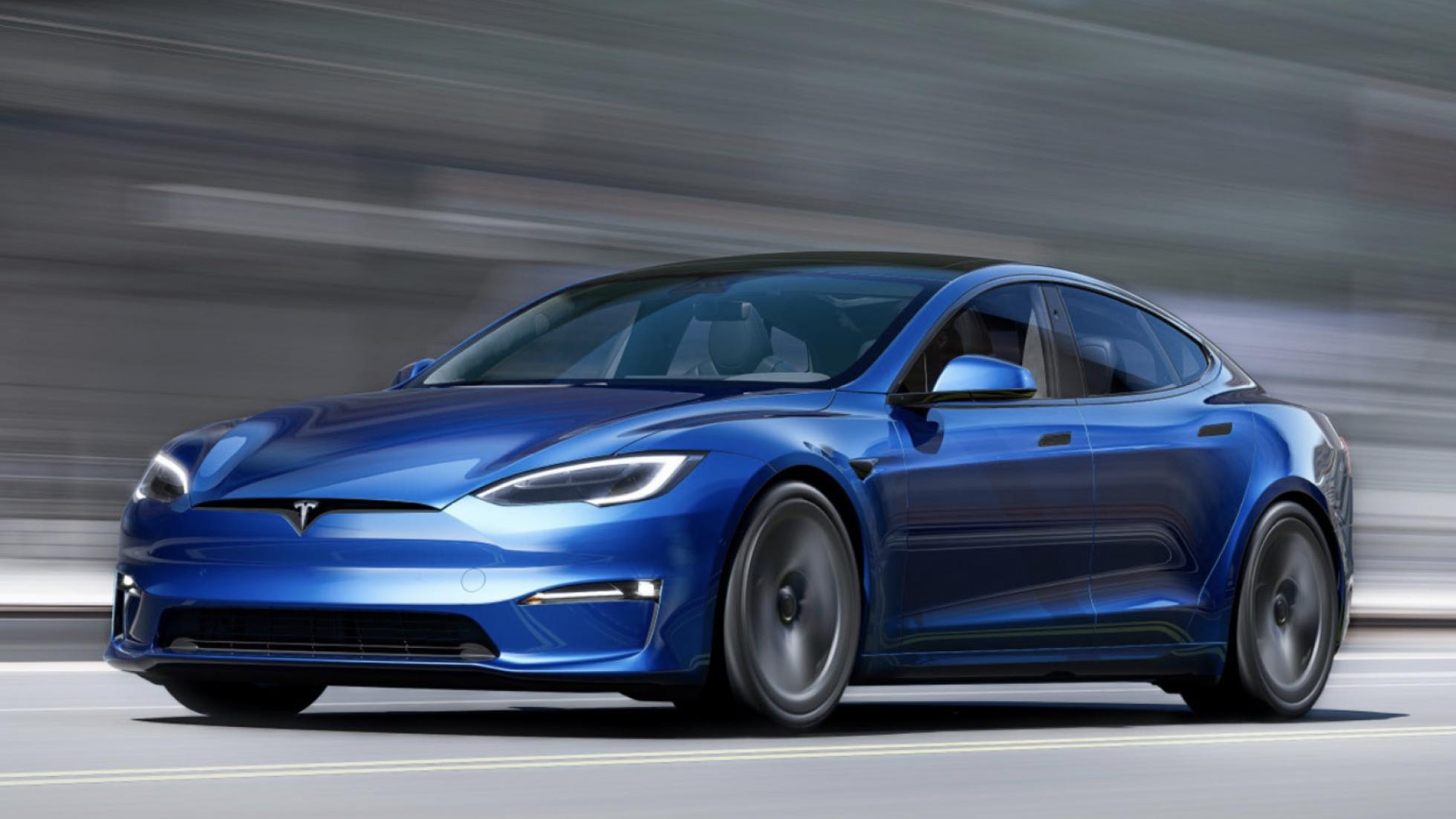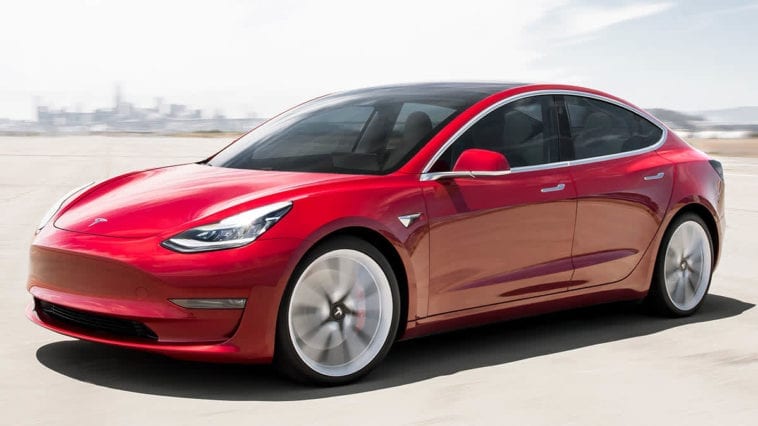Is Tesla a sustainable car company? The answer might not be what you think.
Tesla is a household name for its solar-powered products and innovative technologies focused on harnessing renewable energies. It is effortless to say that Elon Musk’s company is part of the sustainable feature that we work towards. Especially when a Tesla car boasts a less carbon-emitting experience in the course of its lifetime than a conventional diesel-powered automotive.
But Tesla hides a lot under its sustainably good persona. Before you say that Tesla is a sustainable car company, let’s first dig deep into the meaning of sustainability itself.
If you live on the surface of the Earth, you probably have heard of the word sustainable and sustainability. It is literally everywhere, and several groups and organizations are pushing and pursuing this matter to bestride the lives of every human being in this world. Even the youths are already joining such organizations and campaigns towards the pursuance of sustainable development. United Nations and several sub-organizations under it support sustainable development. We also have other international agencies such as Green Growth and Sustainable Development, which foster economic growth and development.
What does sustainable mean?
Contrarily, despite its widely known existence, many are not entirely educated about sustainable development. Is it only limited to environmental impacts? Are we talking about affordable and friendly prices? Or are we simply talking about convenience?
According to You Matter World, extracting the root words sustain and able would lead us to this definition – capable of being continued at a certain level. From the meanings of each root word, sustain, which means to maintain or hold its existence, and able, which means enriched with competence. What it means to be sustainable is to keep a particular product or perhaps substance up to a specific period.
With the constant development that is occurring every second per day, so does the scope of sustainability. Apparently, sustainability is the process by which the effect of maintaining a certain matter is taking into action. Hence, there are already countless sustainable products worldwide that are being advertised and propagandized by several organizations, which is getting oodles support from the public. For instance, Indigo Drones, a company in Costa Rica Founder Institute, also a portfolio company of UN’s Sustainable Development, provides aerial informatics support to the farmers. They offer an open-source robotic simulation – what Microsoft calls “a realistic simulation tool for designers and developers for seamless generation of the amount of training data they require.”
As you can see, the term “sustainable” and “sustainability” is more than just environmental. This is why it is important to launch awareness regarding its definition because people may unquestionably believe only the surface of what sustainability seems to be.
According to John Katsos, it was the UN-sponsored Brundtland Commission who was the first to discuss pointedly that sustainability focuses on meeting the needs of the people as to avoid “compromising the ability of the future generation to meet their own needs.” Moreover, they discussed furtherly, “Development is the human attempt to improve our social and economic achievements as a group within our environment.” and “Needs, specifically referred to the world’s poorest.”
With that emphasized on the marginalized and social and economic needs, it means it is more than just about the environment and natural resources. Hence, talking about Sustainable Development led by Founders Institute, the picture below shows the different goals set up by the UN for Sustainable Development. This signifies that the word sustainable is not only limited to environmental impacts and quality preservation. It has a relatively broader scope than we initially imagined it to be.

Why is it important?
Sustainability is eminently essential in society. Its development is not only contrived for the marginalized but for the public itself. Sustainability meets the needs of everyone without compromising or misuse of money and the condition of the future generation because the past periods were able to sustain the fundamental requirements. Hence, the essence of this situation is that it stabilizes the relationship between human activities and the world.
What are EVs?
Pressing on the primary objective of this article, Sustainable Development’s number 13th goal is about Climate Action. As climate change is becoming a rampant predicament, several solutions were already realized and put into action. One of the actions concerning climate action is the invention of electric vehicles, i.e., cars. Electric cars, as per definition, are vehicles made for a renewable electric charge instead of gas fuels. EVs are said to reduce emissions of unwanted gasses, which contributes to air pollution. They say that it improves public health and ecological damage.
Vehicles, i.e., cars, help us relocate conveniently and quickly without spending a certain amount on fares. It is generally essential in our daily lives because it makes our work more achievable. Say, for instance, visiting a grocery store and shop essentials. It would be more hassle if we still have to hail a cab or other transportations to return home. Moreover, leisure travels are more attainable.
However, a significant problem that we obtain from using cars can significantly impact the environment, in a worse way. This issue happens because the gasses our car machines emit adds up to the air pollution result in tremendous climate change, which is why the invention el electric vehicles, were said to be suitable investments. But the question is, are they sustainable? Given the enlightenment about the true meaning of being “sustainable” and “sustainability,” let us find out if electric cars, specifically Tesla’s, are sustainable or not.
About Tesla

Concerning electric vehicles, Tesla company founded in 2003 by a group of engineers, aims to invent and create electric cars. This means cars can be charged using electricity without using gasoline fuels. Tesla believes that the faster the world stops relying on fossil fuels and moves towards a zero-emission future, the better.
True enough, less emission of gases that contributes to air pollution is a good step in eradicating harmful gases floating in the air, which wrecks the health of anyone who inhales it. However, the underlying question here is if Tesla cars are sustainable? And when we talk about sustainability, we do mean not only its environmental impacts but also economic growth.
According to research, some claim that it is most likely sustainable because of Tesla’s electric cars as it helps keep the air unpolluted. However, it seems like Tesla’s electric vehicles are not as sustainable as it seems to be. With that, it is significant to break down the different advantages and disadvantages of this matter to obtain a fair verdict, i.e., sustainable or unsustainable.
Environmental benefits of Tesla’s EVs

Tesla is said to be one of the widely known sustainable companies for its eco-friendly products. However, Tesla does not report enough details about the productions of its cars to its consumers. They do not provide enough information in allowing their customers and consumers to be aware of its ‘sustainability.’
Moreover, Tesla is inefficient in terms of their use of raw materials, for it was reported that about 40% of their purchase are being junked.
Now, does that sound sustainable to you?
Let’s find out more.
Yes, electric vehicles cause less air pollution than gasoline fuel-driven cars. Tesla has been hyping the public, enticing them with the EVs claiming that it is good for the environment. However, that is not the only qualification for sustainability.
They include claims that its car batteries degrade 15% less quickly than others. It cut its water use in manufacturing by 45% from 2018 to 2019 that it makes more than twice as many electric vehicles as any other automaker in the world.
Alright, alright. That’s about it. It sounds outstanding and sustainable. But what is the truth? It may be ‘good for the environment but not for the laborers. Since Sustainable Development Goals helped us understand what it means to be sustainable, news reports about labor practices would disagree about the said company’s claims about sustainability.
While Musk accumulates wealth, Tesla workers are suffering. It was reported by The Washington Post that several employees working under Tesla came out positive with coronavirus. It happened because of the Tesla CEO’s hardheadedness of still pushing his employees to work and report, even when the government already imposed the “stay-at-home” policy. He even sued Alameda County because his company was threatened to move out of the state accordingly. While several employees got the virus, Musk is enjoying his wealth.
The way Tesla works as a company is not sustainable at all! Check Sustainable Development Goals numbers 3 and 8 for reference.
By defying the orders, Musk threatened workers’ freedom to remain safe and healthy.” Indeed, it does not qualify numbers 3 and 8 goals in Sustainable Development Goals. He defied lockdown orders and some of his employees are experiencing the consequences.
Conclusion
True enough, Tesla, as a car company, explicitly focusing on EVs themselves, is sustainable in the sense that it does adhere to keep the environment healthy by omitting the use of gasoline fuels and other materials that would contribute to the air pollution.
However, given the true essence of sustainability, this car company is not sustainable in labor practices and economic systems. The only ones that are benefiting are the fortunate and wealthy ones, including the CEO himself. But the marginalized and other laborers are suffering the consequences because of the company’s too much fantasy regarding wealth and products.
No matter how green their products are and their benefits towards the welfare of the environment, it still is NOT a sustainable car company. With its exploitive way of treatment, Tesla is NOT a sustainable car company.




